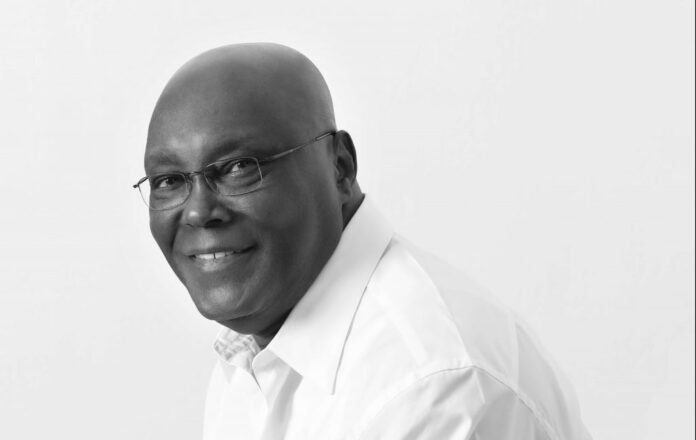2023 presidential candidate of the Peoples Democratic Party, Atiku Abubakar, has condemned the Federal Government’s policy barring tertiary institutions from admitting candidates less than 18 years old.

Atiku, in a statement on Wednesday, described President Bola Ahmed Tinubu’s government as behaving like a lost sailor on a high sea.
Recall that Minister of Education, Tahir Mamman, had directed that admission to tertiary institutions should not be given to candidates less than 18 years old.
According to the minister, the 18-year benchmark is in line with the 6-3-3-4 system of education.
Tahir said: “The minimum age of entry into the university is 18, but we have seen students who are 15, 16 years going in for the entrance examination.
“Parents should be encouraged not to push their wards too much. Mostly, it is the pressure of parents that is causing this.
“We are going to look at this development because the candidates are too young to understand what the whole university education is all about.
“This is the period when children migrate from controlled to uncontrolled environment; when they are in charge of their own affairs.
“But, if they are too young, they won’t be able to manage properly. I think that is part of what we are seeing in the universities today.”
Reacting to his statement with a counter statement, Atiku posited that the recent policy of the Federal Ministry of Education pegging age limits for entry to tertiary institutions was an absurdity and a disincentive to scholarship.
According to him: “The policy runs foul of the notion of delineation of responsibilities in a federal system of government such as we are practising, and gives a graphic impression of how the Tinubu government behaves like a lost sailor on a high sea.
“Otherwise, how is such anti-scholarship regulation the next logical step in the myriad of issues besetting our educational system?
“To be clear, the Nigerian constitution puts education in the concurrent list of schedules, in which the sub-national government enjoys more roles above the federal government.
“Therefore, it is extra-constitutional for the federal government to legislate on education in a manner similar to a decree.
“The best global standard for such regulation is to allow the sub-national governments to make respective laws or rules on education.
“It is discouraging that even while announcing this obnoxious policy, the government inadvertently said it had no plan to cater for specially gifted pupils.
“That statement is an embarrassment to the body of intellectuals in the country because it portrays Nigeria as a country where gifted students are not appreciated.
“The irony here is that should the federal government play any role in education, it is to set up mechanisms that will identify and grant scholarships to gifted students not minding their ages before applying for admission into tertiary institutions.
“This controversial policy belongs in the Stone Ages and should be roundly condemned by everyone who believes in intellectual freedom and accessibility.”










